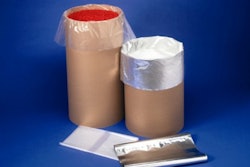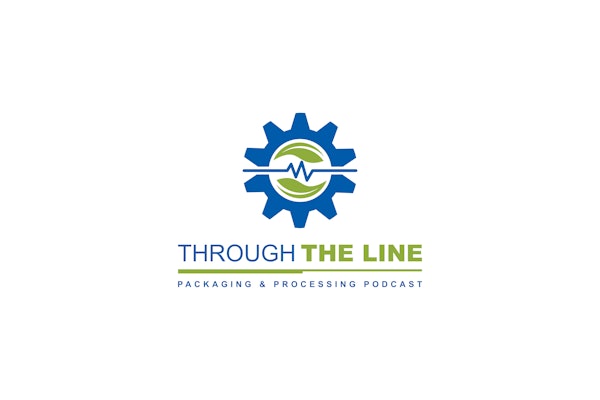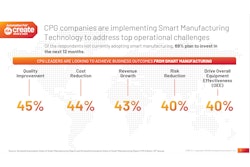Most respondents admitted their companies could be doing more if not for the added cost that often comes with packaging that's "green." Many acknowledged their companies are doing only what's required by law and little more. Others said until customers, especially mass merchandisers, or end consumers show more interest in environmental issues, little will change.
Some of the more interesting remarks:
"Pharmaceutical packaging does not have as large an impact as other industries. Small containers, few containers, and few resins used for most drug products limits any impact in the waste stream.''--Engineer at a pharmaceutical manufacturer.
"The liquid laundry industry still has not embraced concentrated formulations. As a result, we ship water around in large plastic containers that fill up landfills. If we were to concentrate the detergent (tests indicate we can manufacture at 3x current levels), plants would see increased capacity, reduce raw material costs, and minimize plastic in the country's waste stream."--Plant manager at a laundry detergent manufacturer.
"[For recycling to work], education of the public is truly important and the major key to success."--Production manager at a soft drink bottler.
"My company's thinking is that cheaper is always better. A truly old school way of thinking."--Packaging manager at diversified industrial products manufacturer.
"As a company we try to use packing materials that are recyclable and/or more environmentally friendly, but in some areas this is not always possible. As a purchaser for the company, I try to purchase those items fitting these specifications."--vp of purchasing at a meat packing firm.
"We manufacture sterile medical products, and the inherent performance requirements dictate mixed types of materials, making a closed-loop recycling system difficult. We attempt to design the package with the least amount of materials to meet the performance requirements. Company has an iniatitive to reduce packaging by 10% over the next three years."--Packaging engineer at a medical products maker.
"[The high cost of environmentally friendly packaging] will put small manufacturers out of business, especially when larger manufacturers won't use it."--Manager at a small fishing accessories manufacturer.
"In many cases returnables won't work, but cleanliness issues prevent use of easily recyclable materials. Returnables are great, but when their return costs more than the package they aren't an option. Taxes high enough to change this would amount to several thousand percent. That won't fly."--Packaging engineer at electrical connector manufacturer.
"It seems that cost, minimum acceptable performance, and customer requirements are the major factors at my company. We do look into alternatives that would reduce both cost and materials, but sometimes find acceptability issues with customers. I believe an industry push and/or taxing less desirable options would be more motivating."--Engineer at a packaging materials supplier.
"To date, 'technical or biological nutrient' barrier films that meet our requirements are not available."--Engineer at a cheese processor.
"The environmental issue is getting lip service but in reality is taking a backseat to cost. I think this is a dangerous precedent, and we should follow our statements about environmental quality."--Engineer at a furniture manufacturer.
"More enviromentally friendly packaging would need to be taken on by the entire industry. Retailers would not accept increase to support the improvements."--Purchasing agent for automotive chemicals manufacturer.
"My company always makes sure the recycle logo is included on the package, but ironically they don't really care to gain further knowledge on the recycle process as a whole. The logo gives them a false sense of doing the right thing. Personally, I investigate all new materials that could have a bio-benefit. The problem is that these tend to be costly."--Packaging engineer at cosmetics manufacturer.
"In regulated industries we do not have the luxury of considering emerging technologies which have not been sanctioned by FDA and other regulating agencies. Without a driving force such as new regulations, current industry standards are unable to offer comparable options to current state of affairs. For something of this magnitude to be successful, it most certainly must adhere to the top-down approach."--Engineering manager at a pharmaceutical manufacturer.























